Bertie Auld looks back on Battle of Britain between Celtic and Leeds
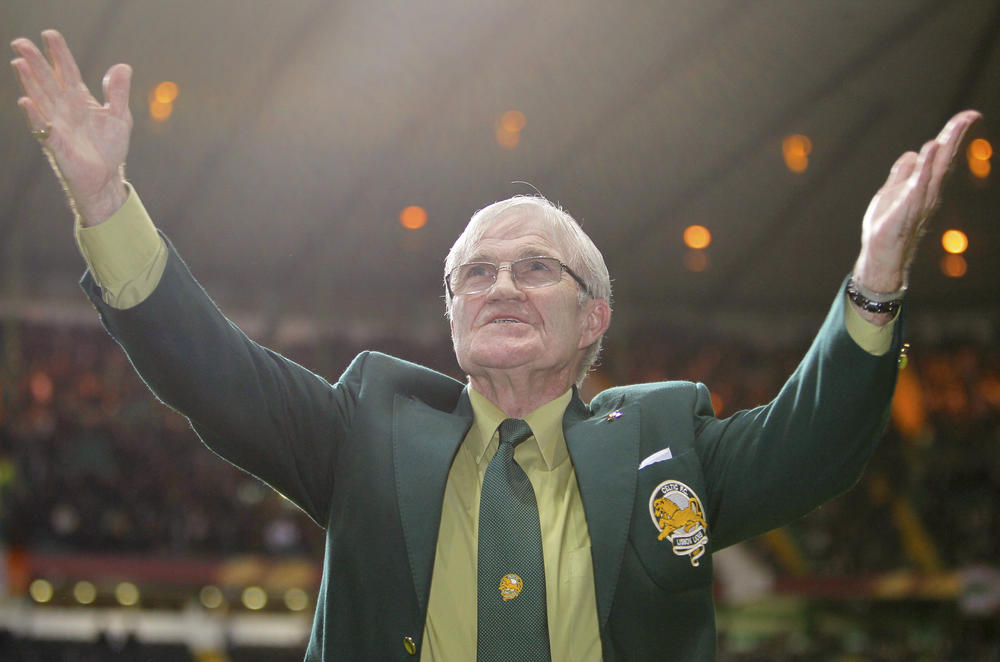
When George Connelly fired Celtic ahead in the first minute of their European Cup semi-final against Leeds United at Elland Road on April 1, 1970, Bertie Auld was delighted but not surprised.
Don Revie’s side were odds-on favourites to win football’s Battle of Britain, despite the Scottish champions winning the tournament only three years previously, but the gifted Hoops midfielder took no time at all to swing the tie towards Parkhead in a stunning start to the first leg.
Paul Madeley failed to clear a long ball into the box and when it fell to the quiet Fifer, his shot deflected off home captain Billy Bremner and skipped past keeper Gary Sprake into the corner of the net.
“That was the thing about that team, we could have scored in the first minute in any game,” former midfielder Auld, now a sprightly 82 and looking back half a century, told the PA news agency.
“That was the positive thing that Jock Stein gave us. We were capable of scoring in the first minute or last minute.
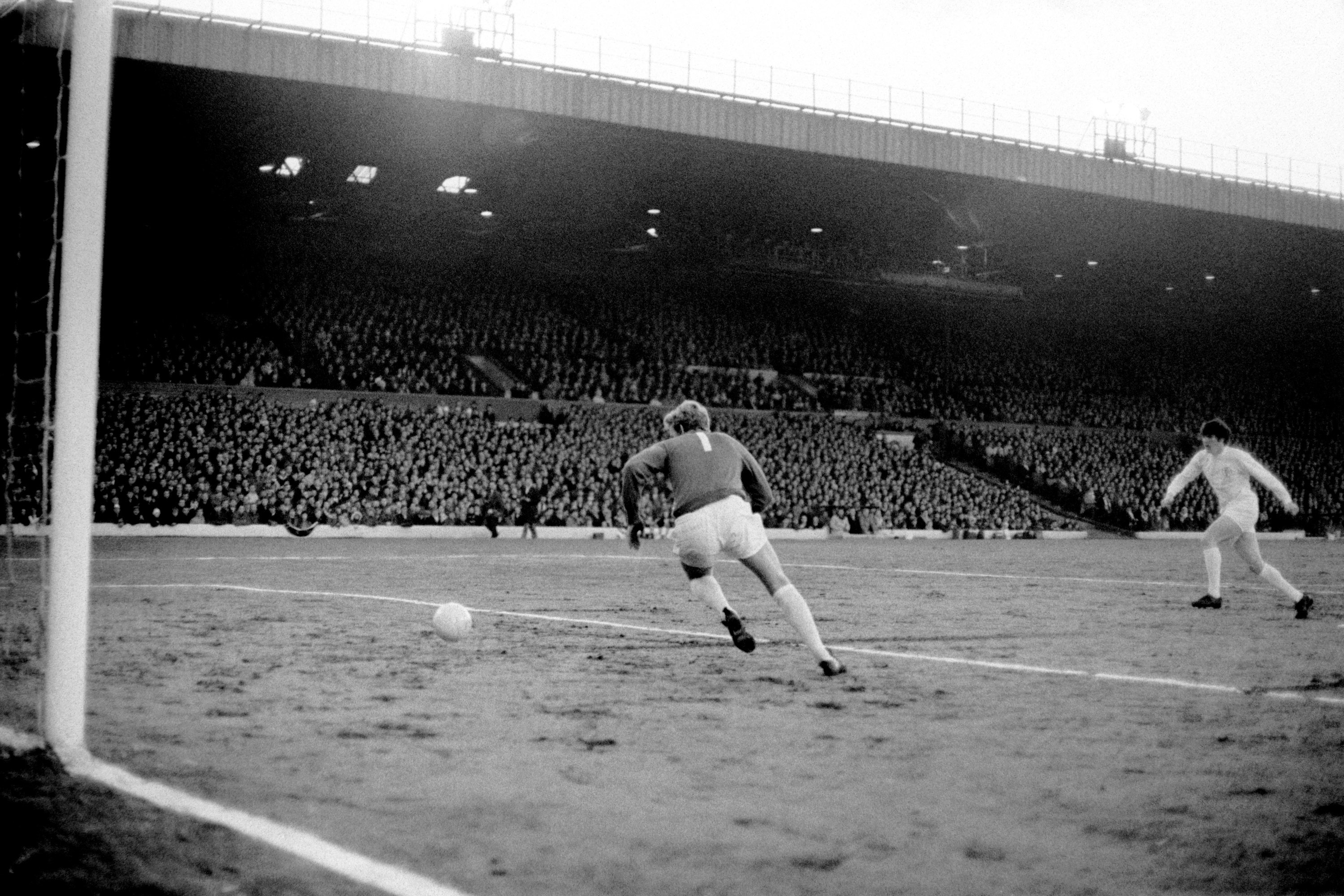
“That was something that we had in our system because we had players like Bobby Lennox, Willie Wallace and Stevie Chalmers.
“George was amazing for his age. He was a midfield player but he could also play at the back and he had tremendous confidence in himself.
Get FourFourTwo Newsletter
The best features, fun and footballing quizzes, straight to your inbox every week.
“We had no fear but to be fair, there was tremendous respect between the teams”
The two sides had met at Hampden Park in a friendly in August, 1968, with Leeds winning 2-1 and faced up again in another challenge match at the start of the 1969/70 season at Celtic Park with the score 1-1.
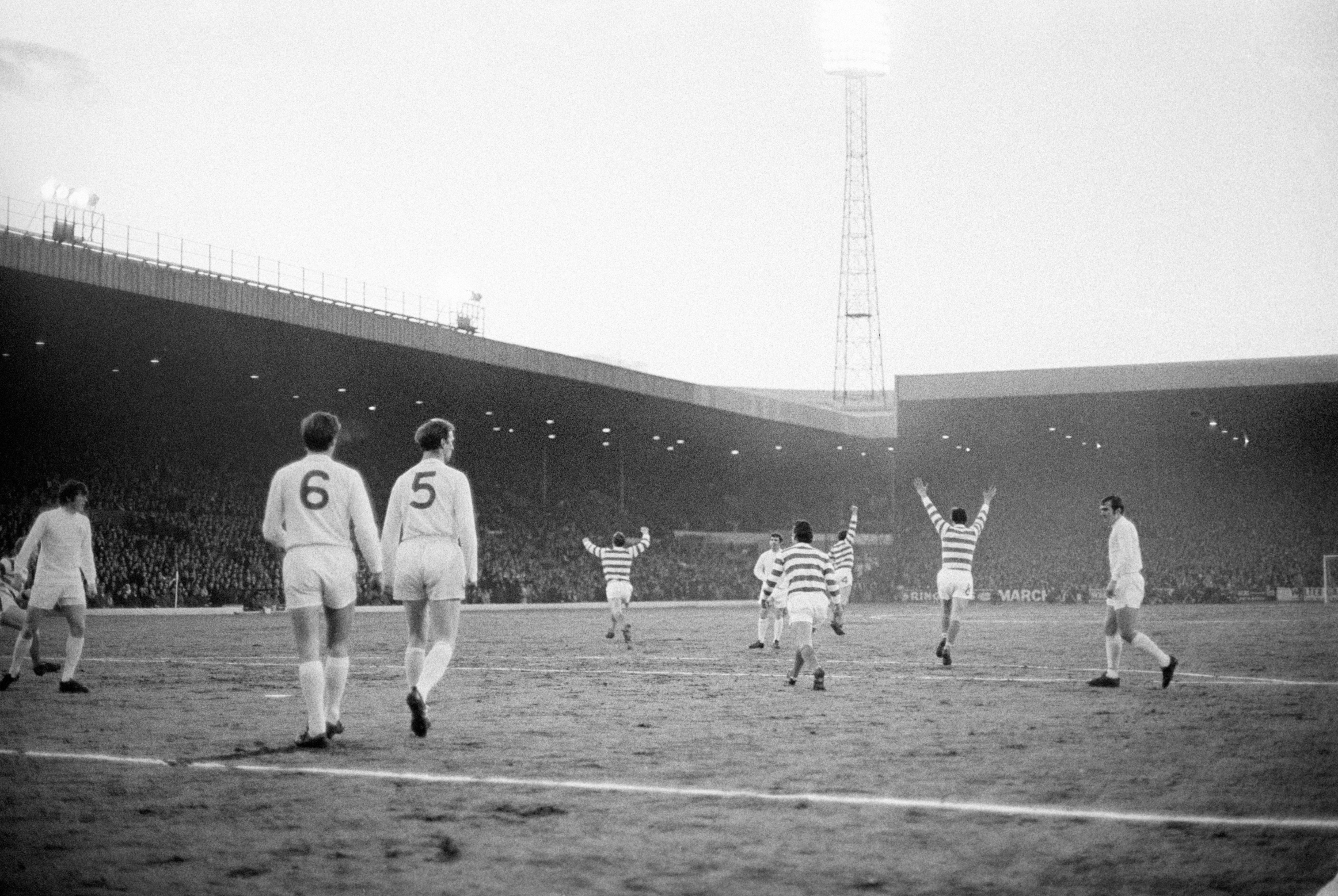
But this was very different.
Leeds had won the English top flight for the first time in 1969 after being runners-up in 1965 and 1966.
The Yorkshire side had a core of Scots including skipper Bremner, Eddie Gray and Peter Lorimer as well as World Cup winner Jack Charlton and talented Irishman Johnny Giles.
They also had a twin strike force of Mick Jones and Alan Clarke, then Britain’s most expensive player following his £165,000 move from Leicester City the previous summer.
Celtic, of course, had become the first British team to win the tournament in 1967, beating Inter Milan in the final in Lisbon.
Jock Stein’s men ruled Scottish football. They had captured the domestic treble in 1967 and 1969 and were in the midst of winning nine league titles in a row.
The side contained the bulk of the Lisbon Lions augmented by Evan Williams, Jim Brogan, Davie Hay and Connelly.
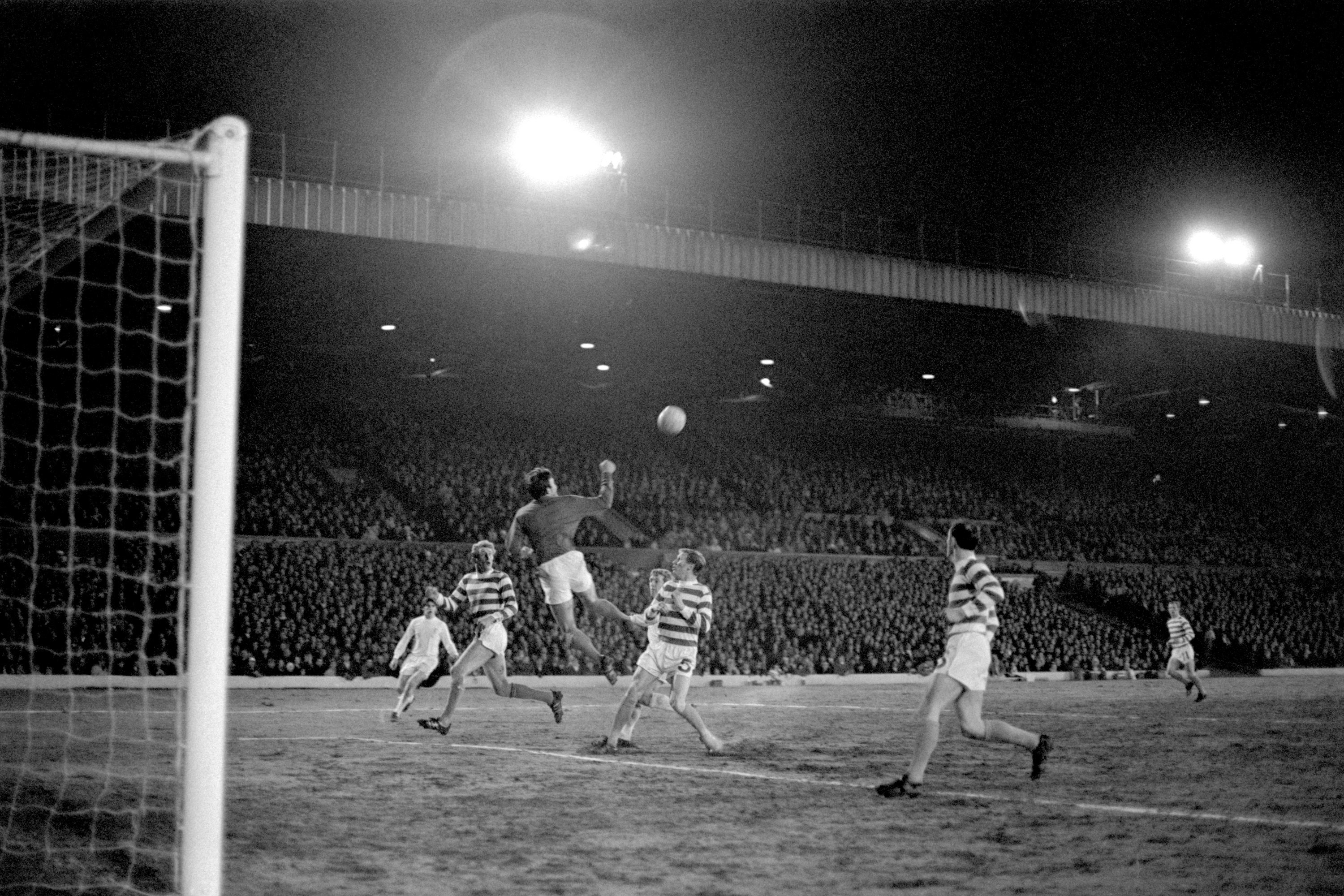
Auld said: “Everyone was boasting about Leeds United and how we would find it difficult against them.
“They had Bremner, a great player, and Johnny Giles, a magnificent player and they had Mick Jones, who was a good goalscorer.
“But we had Jimmy Johnstone and Lennox, Wallace and Davie Hay – I would never have liked to play against him.”
The quick goal settled Celtic and indeed early in the second half Connelly had a second goal denied for offside after he drove in from a Johnstone cut-back.
Captain and inspiration Bremner went off with a head injury and Gray then smacked the crossbar with a shot.
But this was no fluke result and the Glasgow side were in the driving seat going into the second leg at Hampden Park two weeks later.
Four days before their trip to Glasgow, Leeds had drawn 2-2 in the FA Cup final against Chelsea while Celtic had been shocked 3-1 by Aberdeen in the Scottish Cup final at Hampden Park.
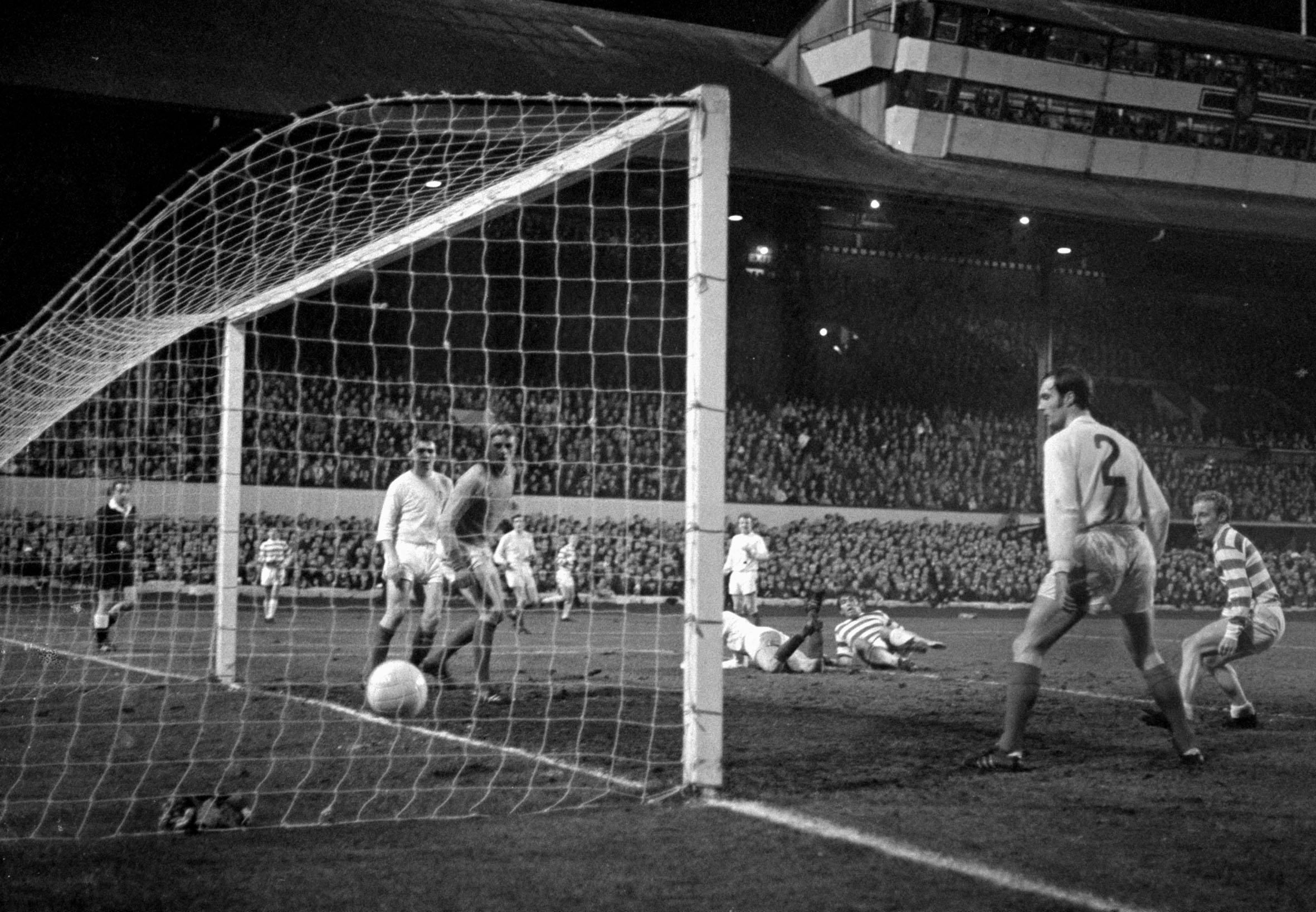
A crowd of 136,505 packed into the national stadium but less than 4,000 of them from Leeds and, even then, most of them colluded in the silence in the 14th minute when Bremner fired in a drive from 25 yards to level the tie.
Celtic increased their domination after the break and goals from John Hughes and Bobby Murdoch took Stein’s side to another final where this time they fell just short, losing 2-1 to Feyenoord in the San Siro.
Auld said: “I think English football got carried away with itself at that time. I was very proud to play in that era with that squad of players and that support.
“We had a right good pool of players and it was a well-balanced squad and of course, big Jock never let you get too carried away.”
FourFourTwo was launched in 1994 on the back of a World Cup that England hadn’t even qualified for. It was an act of madness… but it somehow worked out. Our mission is to offer our intelligent, international audience access to the game’s biggest names, insightful analysis... and a bit of a giggle. We unashamedly love this game and we hope that our coverage reflects that.

